General description
CD93 (cluster of differentiation 93) is a cell surface receptor for heat-sensitive complement factor C1q, and hence, is also called C1qR. This protein shows major expression on endothelial cells. In neonatal umbilical cord blood cells (UCBCs) this protein is co-expressed on naive T-lymphocytes (CD4+ CD45RA+ cells). However, this protein is absent in adult peripheral blood cells (PBCs). It is a heavily O-glycosylated type I transmembrane protein. Its predominant expression is on endothelial cells, monocytes, granulocytes, and immature hematopoietic progenitor cells (CD34+ hematopoietic stem cells). It has a molecular weight of 90-100kDa. In soluble form it is found in human plasma.
Immunogen
Complement component C1q receptor precursor recombinant protein epitope signature tag (PrEST)
Application
All Prestige Antibodies Powered by Atlas Antibodies are developed and validated by the Human Protein Atlas (HPA) project and as a result, are supported by the most extensive characterization in the industry.
The Human Protein Atlas project can be subdivided into three efforts: Human Tissue Atlas, Cancer Atlas, and Human Cell Atlas. The antibodies that have been generated in support of the Tissue and Cancer Atlas projects have been tested by immunohistochemistry against hundreds of normal and disease tissues and through the recent efforts of the Human Cell Atlas project, many have been characterized by immunofluorescence to map the human proteome not only at the tissue level but now at the subcellular level. These images and the collection of this vast data set can be viewed on the Human Protein Atlas (HPA) site by clicking on the Image Gallery link. We also provide Prestige Antibodies® protocols and other useful information.
Biochem/physiol Actions
Complement factor C1q links the human parvovirus B19 (B19V) to its receptor CD93 (cluster of differentiation 93), which results in the entry of B19V through endocytosis. The expression of CD93 is controlled by PKCδ (protein kinase C) isozyme. During multiple immune responses, this protein is essential for the removal or exclusion of apoptotic cells. It controls immune responses in both adults and neonates. Single nucleotide polymorphisms (SNPs) rs3746731, Pro541Ser in this gene are linked with risk of coronary artery disease (CAD). Plasma levels of this protein can be a potential biomarker for CADs, which includes myocardial infarction (MI).
Features and Benefits
Prestige Antibodies® are highly characterized and extensively validated antibodies with the added benefit of all available characterization data for each target being accessible via the Human Protein Atlas portal linked just below the product name at the top of this page. The uniqueness and low cross-reactivity of the Prestige Antibodies® to other proteins are due to a thorough selection of antigen regions, affinity purification, and stringent selection. Prestige antigen controls are available for every corresponding Prestige Antibody and can be found in the linkage section.
Every Prestige Antibody is tested in the following ways:
- IHC tissue array of 44 normal human tissues and 20 of the most common cancer type tissues.
- Protein array of 364 human recombinant protein fragments.
Linkage
Corresponding Antigen APREST71888.
Physical form
Solution in phosphate-buffered saline, pH 7.2, containing 40% glycerol and 0.02% sodium azide
Legal Information
Prestige Antibodies is a registered trademark of Sigma-Aldrich Co. LLC
Disclaimer
Unless otherwise stated in our catalog or other company documentation accompanying the product(s), our products are intended for research use only and are not to be used for any other purpose, which includes but is not limited to, unauthorized commercial uses, in vitro diagnostic uses, ex vivo or in vivo therapeutic uses or any type of consumption or application to humans or animals.
- UPC:
- 41116126
- Condition:
- New
- Weight:
- 1.00 Ounces
- HazmatClass:
- No
- WeightUOM:
- LB
- MPN:
- HPA009300-100UL












